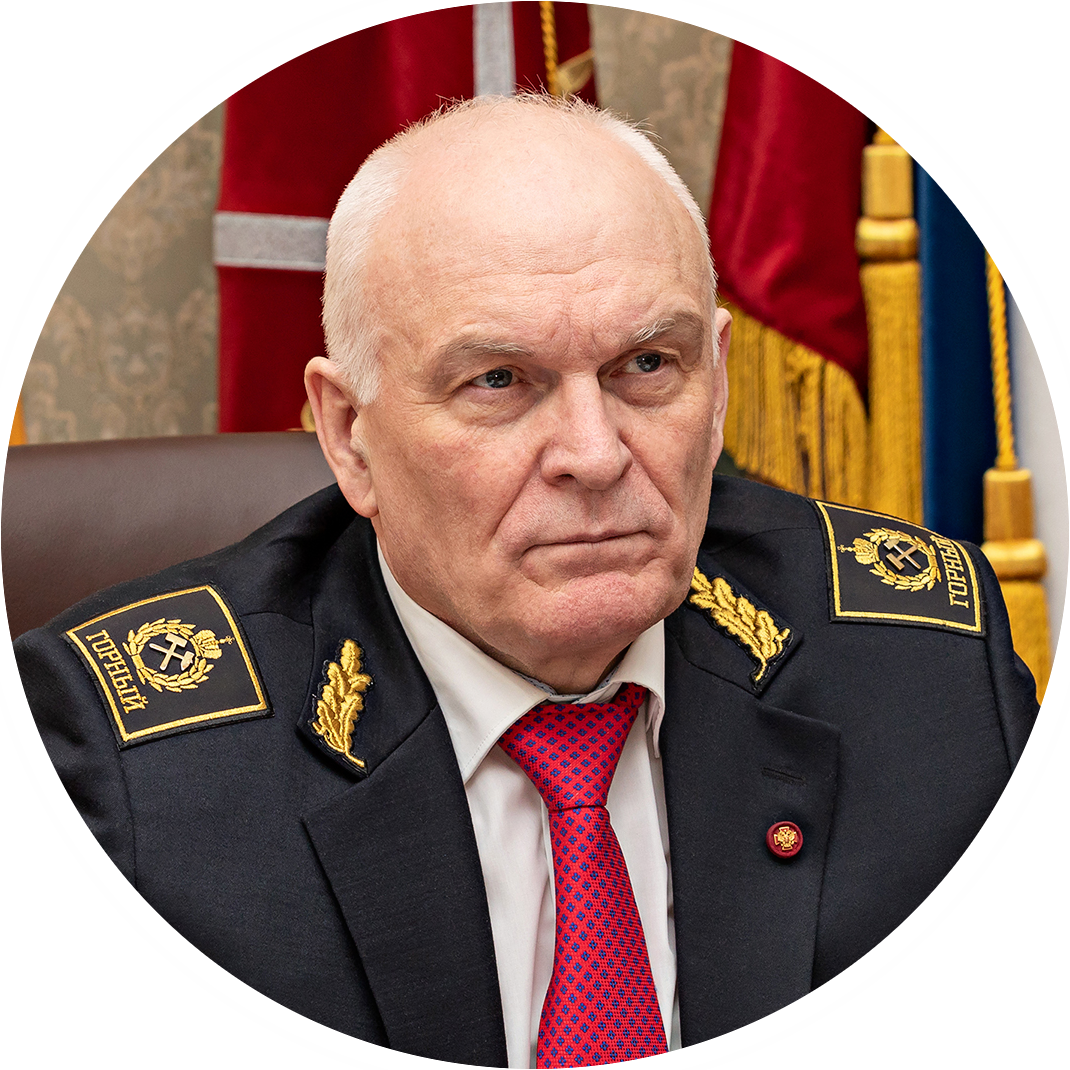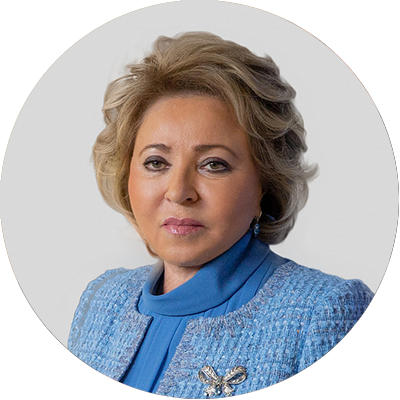Key Objectives of the Center:
- Unified educational environment
- Professional certification of specialists and educators
- Internationally significant public events
- Scientific and innovative research
- Flagship universities and centers
- Youth community and junior programs
- Publishing activities
- Information activities
Areas of Work
Integration of Scientific Research Results
Integration of scientific research results obtained under the auspices of the UNESCO Center into the educational and research environment in the form of academic programs, practical training, independent scientific work, and programs for additional (specialized) professional competencies, among others.
Scientific Project Evaluation
Organization and execution of scientific project evaluations, including projects in critical and breakthrough technologies within the framework of the mineral resource complex development strategy, as well as scientific and interdisciplinary projects conducted under the auspices of the UNESCO Center.
Preservation of Scientific and Historical-Cultural Heritage
Projects aimed at preserving scientific and historical-cultural heritage, including the legacy of leading scientific schools and their founders, recognized and newly identified memorial sites, architectural, engineering, industrial, and natural objects, including those related to the history of science and technology in the mineral resources sector and related fields. These projects are implemented with the participation of the professional scientific community and supported by volunteer initiatives.
Science and Education Popularization
Projects for the popularization of science and education (keynote lectures, young scholars' schools, scientific project competitions, etc.), including in the fields of natural, technical, social, and humanitarian sciences, aimed at enhancing the prestige of mining education and fostering students' integration into the scientific and academic community.
Internships, Practical Training, and Academic Exchange
Scientific and research internships, scientific and educational training programs, student research projects, summer scientific schools, academic exchange programs, and other forms of scientific contact and collaboration. This includes international scientific and educational programs, as well as professional development and competency enhancement programs with the awarding of qualifications to mining specialists (engineers) and managers working in the mineral resources sector.
Publication Activities
Thematic articles, special issues of journals and collected papers, monographs, lecture notes, specialized textbooks, and other publications addressing educational, scientific-technical, historical-cultural, humanitarian, and social topics in alignment with the UNESCO mission, Sustainable Development Goals, and the UNESCO Medium-Term Strategy for 2022–2029.
Research and Development
Research and development in the fields of natural sciences, engineering, social sciences, and humanities, contributing to the achievement of UNESCO Goals and Sustainable Development Goals, aligned with the priorities for the development of science, technology, and innovation, as well as the Scientific and Technological Development Strategy of the Russian Federation. These initiatives are carried out by the UNESCO Center at Empress Catherine II Saint Petersburg Mining University, within the framework of the "Nedra" University Consortium, including the participation of specialized research groups, creative teams, and both domestic and international academic partners.
International Events
Public scientific and technical events, including conferences, forums, congresses, seminars, symposiums, and others, with a focus on youth engagement and career guidance. These events also include international, professional, historical-scientific, competitive, and/or selection-based activities.
History of the Centre's Creation
The history of the UNESCO Competence Centre begins in 2012, when the World Forum of Resource Universities was created on the initiative of the Saint Petersburg Mining University and the Freiberg Mining Academy. The participants of the Forum session in Freiberg (Germany), Trondheim (Norway), Leoben (Austria) and Akita (Japan) developed proposals for UNESCO to unite the world's leading universities offering degrees in mining and mineral resource engineering in order to solve global issues of the world economy, training and improving the safety and efficiency of the use of raw materials.


